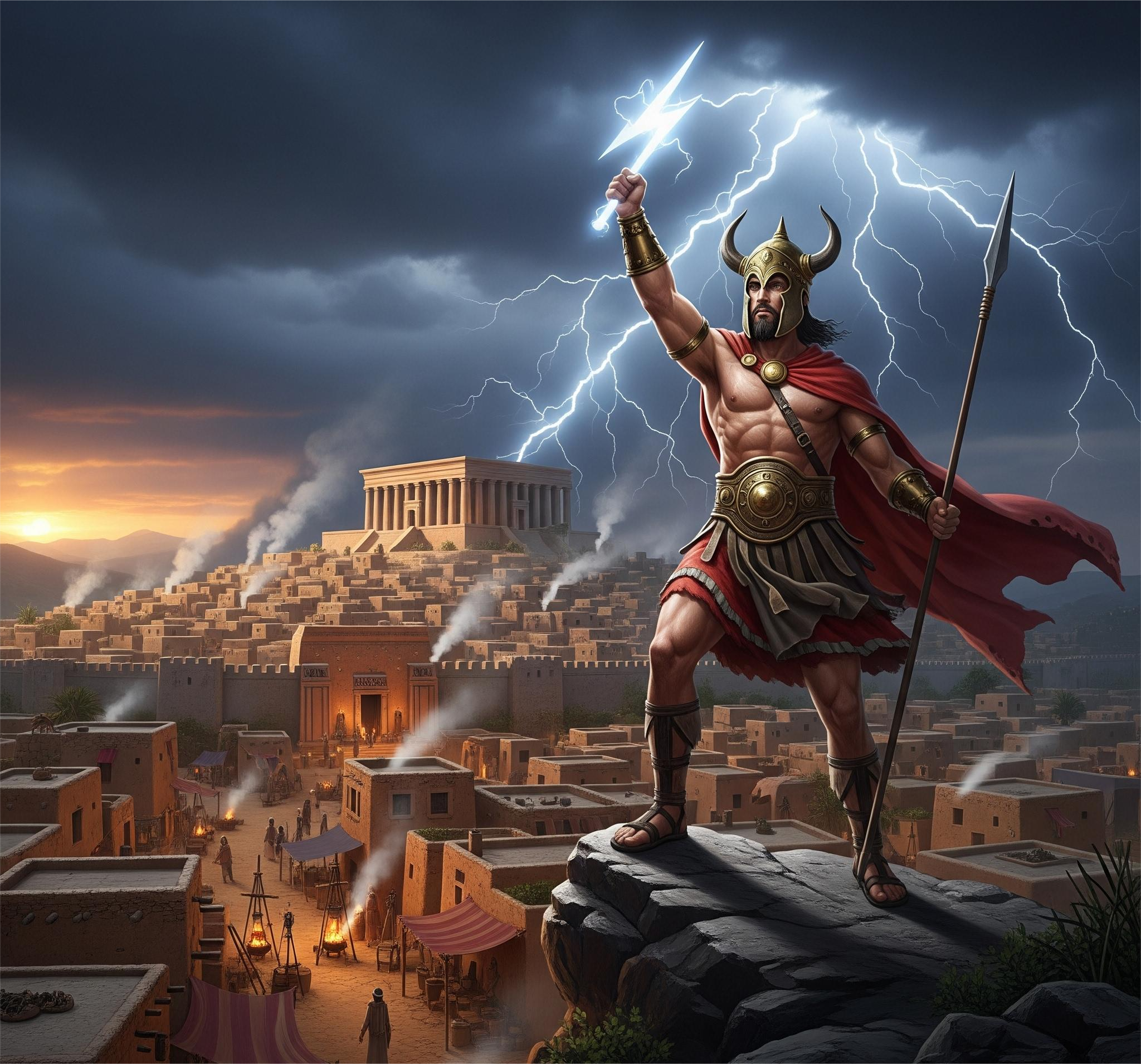Introduction
Storytelling has been a fundamental aspect of human culture since antiquity, serving as a primary means of preserving history, values, and traditions. Before the advent of writing, oral traditions ensured the transmission of knowledge across generations, maintaining the cultural identity of communities worldwide. This article explores the role of storytelling in oral traditions, examining its functions, techniques, and enduring significance in different cultures.
Functions of Storytelling in Oral Traditions
Storytelling serves several critical roles in societies that rely on oral traditions, including cultural preservation, education, and social cohesion.
1. Cultural Preservation
Oral storytelling acts as a repository of a community’s history, mythology, and beliefs.
Indigenous cultures worldwide, such as the Australian Aboriginals and Native American tribes, use storytelling to convey ancestral wisdom and cosmologies.
Epic narratives, like The Epic of Gilgamesh or Homer’s Iliad and Odyssey, have been passed down through oral transmission before being recorded in written form.
2. Education and Moral Instruction
Storytelling functions as a teaching tool, imparting lessons on ethics, law, and customs.
Many African societies use folktales featuring animals and legendary figures to teach moral values.
In Hindu tradition, stories from texts like the Panchatantra provide guidance on governance and interpersonal relationships.
3. Strengthening Social Bonds
Oral traditions create a shared sense of identity within a community.
Storytelling in communal settings, such as fireside gatherings, ceremonies, and rituals, fosters unity and belonging.
The griots of West Africa serve as oral historians, preserving genealogies and societal narratives.
Techniques of Oral Storytelling
Effective storytelling relies on various mnemonic and performative techniques to enhance retention and engagement.
1. Repetition and Rhythm
Repetition helps storytellers recall details and enables listeners to internalize key messages.
Poetic structures and rhythmic phrasing, as seen in Norse sagas and Vedic hymns, aid memorization.
2. Use of Imagery and Symbolism
Vivid imagery and metaphorical language make stories more engaging and meaningful.
Native American and African oral traditions often employ animal symbolism to illustrate human characteristics.
3. Call-and-Response Interaction
Many oral traditions involve audience participation, reinforcing communal memory.
African-American spirituals and Caribbean Anansi stories use call-and-response elements.
Enduring Significance of Oral Storytelling in the Modern Era
Despite the rise of written and digital media, oral storytelling continues to play a vital role in preserving cultural heritage.
Indigenous communities continue to pass down oral histories, ensuring the survival of their languages and traditions.
Modern adaptations, such as radio storytelling and podcasts, keep oral traditions relevant in contemporary society.
Performance storytelling, as seen in poetry slams and spoken word, reflects the enduring power of oral narratives.
Conclusion
Storytelling remains a crucial medium for transmitting knowledge, shaping identities, and reinforcing cultural continuity. By preserving oral traditions, societies maintain a living connection to their past while adapting their narratives for future generations. The resilience of storytelling underscores its timeless role in human civilization, demonstrating that even in a digital age, the spoken word retains its power to educate, inspire, and unite.







